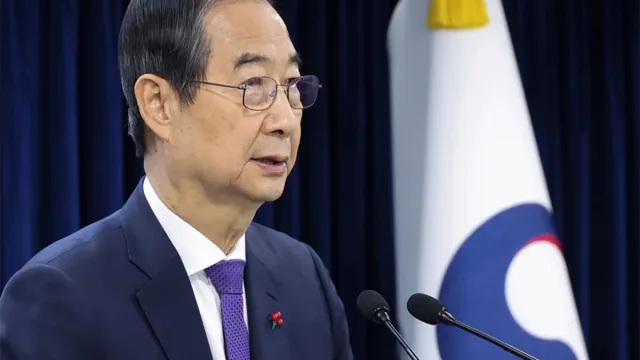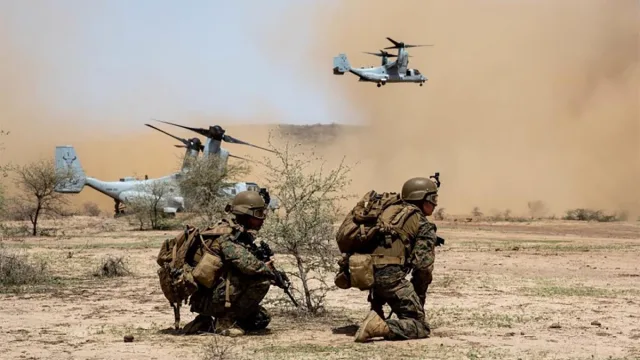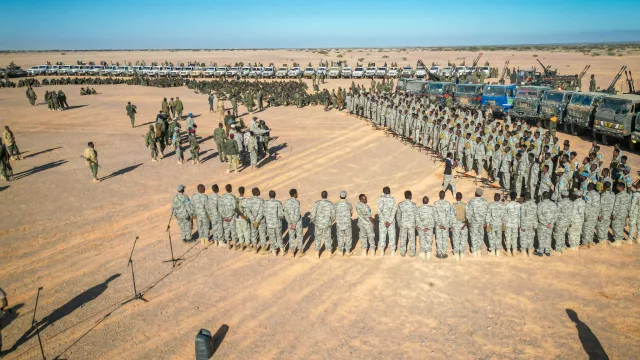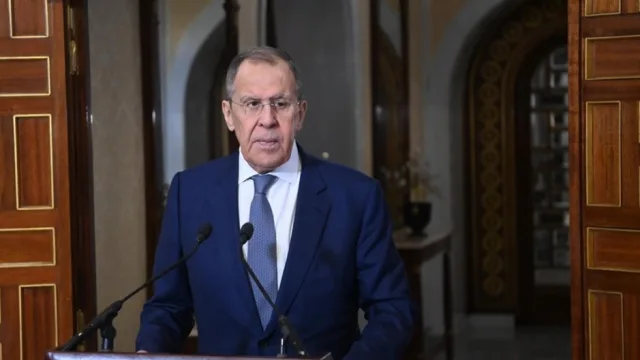Mogadishu, Somalia (HORSEED MEDIA) – The United Nations Independent Expert on the situation of human rights…
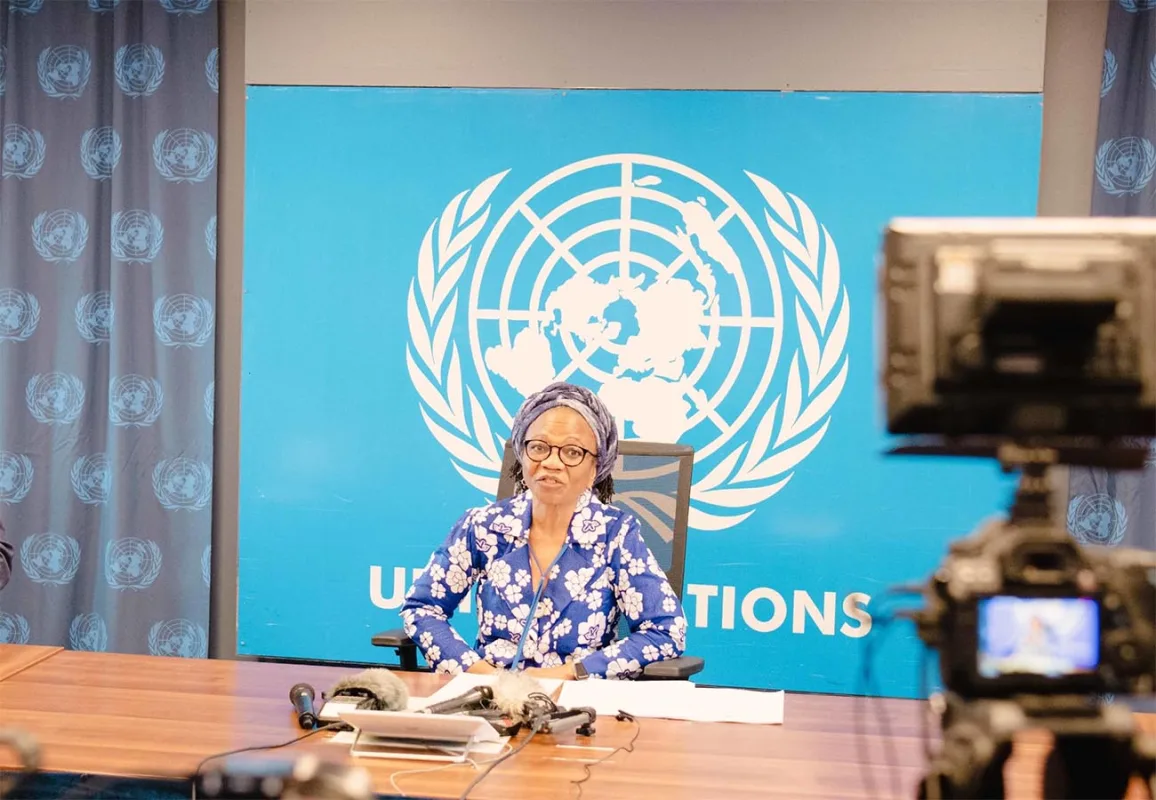
Mogadishu, Somalia (HORSEED MEDIA) – The United Nations Independent Expert on the situation of human rights in Somalia, Isha Dyfan, concluded a five-day visit to the country on Thursday, urging political actors to prioritize dialogue and build consensus around amendments to Somalia’s provisional constitution.
Addressing reporters in Mogadishu, Dyfan commended Somalia’s bicameral federal parliament for voting on amendments to the first four chapters of the constitution. However, she expressed concerns about the lack of consensus among political parties regarding the changes.
“I call on all parties to prioritize dialogue to build consensus in order to safeguard these positive developments towards enhancing the promotion of democracy, rule of law and human rights in Somalia,” Dyfan stated.
The UN expert welcomed the fact that key provisions like setting the age of majority at 18 and the full prohibition of female genital mutilation were maintained in the amended constitution. She urged authorities to ensure any future amendments comply strictly with Somalia’s international human rights obligations.
On the participation of women in political life, Dyfan said she understood there is a political agreement on a women’s quota to be included in the primary legislation on elections. She called on federal parliament to enshrine clear provisions and specific mechanisms to protect the quota.
The independent expert also raised concerns about continued restrictions on civic space, including harassment, arbitrary arrests, and detention of journalists and media workers, leading to self-censorship. “A safe and inclusive civic space is essential to good governance, rule of law, and can help reduce and prevent violence,” she stressed.
Dyfan strongly condemned the continued deadly attacks by the al-Shabab armed group against civilians and urged the government to take steps to ensure civilian protection. She also called for armed groups to comply with international humanitarian and human rights law obligations.
On the drawdown of the African Union Transition Mission in Somalia (ATMIS), Dyfan welcomed the recently held Somali Security Conference that outlined the government’s strategic priorities and roadmap for the security sector.
The UN expert urgently appealed to the international community to support strengthening the humanitarian response and building long-term resilience against climate change-induced disasters in Somalia, taking into account the specific protection needs of women and girls.
Dyfan will present a comprehensive report on her findings and recommendations to the UN Human Rights Council and General Assembly later this year.

